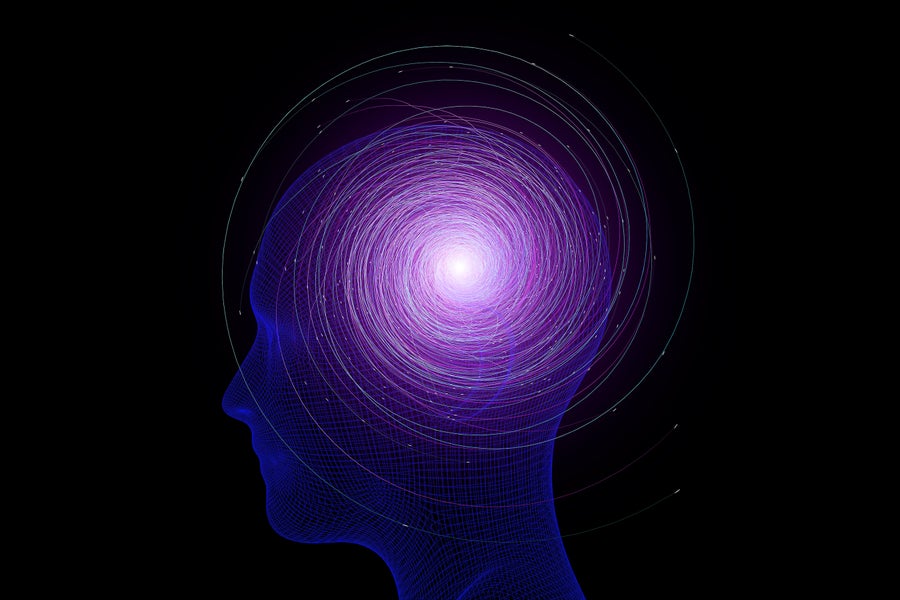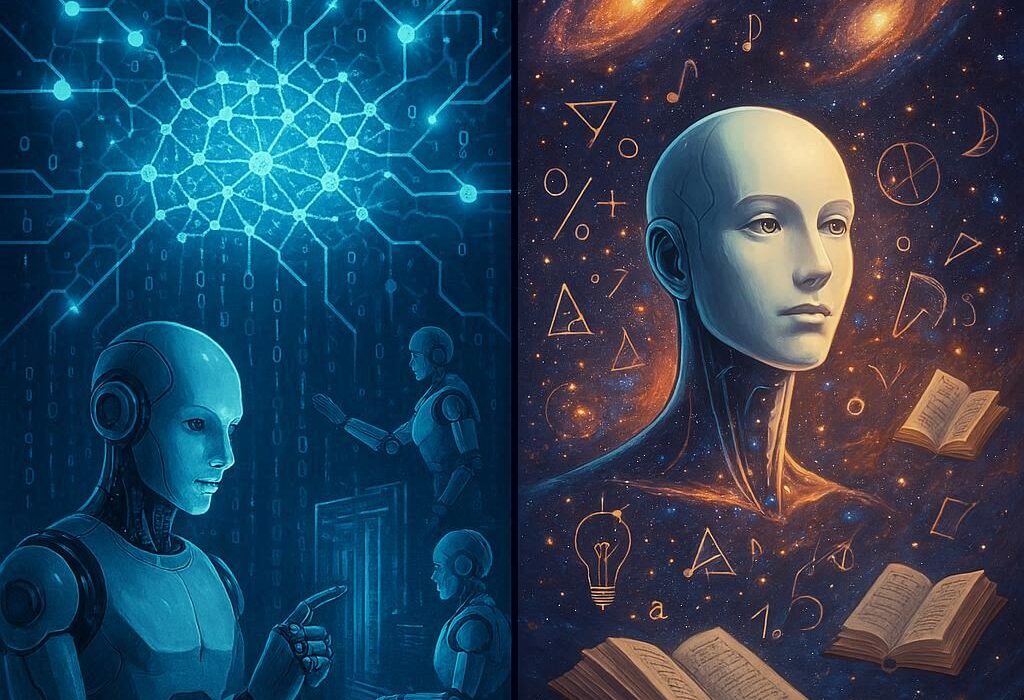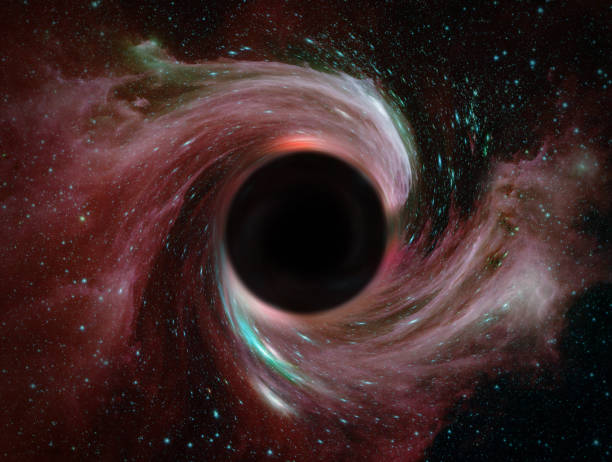Time has always fascinated humanity. From the earliest myths to modern science fiction, humans have imagined bending time, revisiting the past, or glimpsing the future. The idea of time travel captivates because it promises the impossible: the ability to rewrite history or witness events yet to come. Yet, while science fiction offers thrilling adventures, modern physics—particularly quantum physics—provides a more rigorous framework for exploring whether time travel could exist.
Time, in classical understanding, flows like a river: past, present, and future march steadily forward. Yet, with the advent of quantum mechanics in the early 20th century, our perception of time began to shift. At the subatomic level, reality is no longer deterministic and linear. Particles can exist in superpositions, entangled across vast distances, and sometimes appear to “communicate” instantaneously. These phenomena hint that the universe may not be bound by the rigid, one-directional flow of classical time. Could these quantum peculiarities provide a window into the possibility of time travel?
The Quantum Realm and Time
Quantum physics describes the universe at the smallest scales, where particles behave in ways that defy classical intuition. Electrons, photons, and quarks do not follow fixed trajectories; instead, they exist in probabilistic clouds of possibilities. These quantum behaviors challenge the straightforward concept of temporal progression.
One cornerstone of quantum mechanics is superposition. A particle in superposition can simultaneously occupy multiple states until observed or measured. This principle implies that, at the quantum level, time is not strictly linear. Events could exist in a haze of overlapping possibilities, suggesting that the rigid division between past and future may be more flexible than our daily experience implies.
Entanglement, another key quantum phenomenon, intensifies this mystery. When two particles become entangled, the state of one instantaneously determines the state of the other, no matter the distance separating them. Albert Einstein famously called this “spooky action at a distance.” While entanglement does not allow for faster-than-light communication in the conventional sense, it hints that the universe is interwoven in ways that defy classical notions of time and space. If particles can influence each other instantaneously across space, might there exist circumstances under which temporal influence is possible as well?
Time in Relativity and Quantum Mechanics
Einstein’s theory of relativity revolutionized our understanding of time. Time is not absolute; it is relative, stretching and contracting depending on speed and gravity. A clock moving near the speed of light ticks more slowly than a stationary one, and clocks near massive objects like stars run slower than those far from gravitational influence. This phenomenon, known as time dilation, has been experimentally verified using atomic clocks on fast-moving satellites.
Relativity, however, primarily addresses the macroscopic realm of space-time. Quantum mechanics rules the microscopic world. The challenge of time travel lies at the intersection of these domains. Merging relativity and quantum mechanics is one of the deepest challenges in physics, known as the quest for a theory of quantum gravity. Within this uncharted territory, the potential for time travel begins to emerge not as a fantasy but as a theoretical possibility.
Physicists have proposed scenarios where closed timelike curves (CTCs) could exist. These are pathways through space-time that loop back on themselves, theoretically allowing a traveler to revisit an earlier point in time. Wormholes—hypothetical bridges connecting distant regions of space-time—are one such example. In principle, if a wormhole could be stabilized, an object entering one mouth and exiting the other could emerge in the past. Quantum mechanics might play a role in stabilizing such wormholes, though the requirements involve exotic matter with negative energy densities, a concept still speculative and unproven.
Quantum Superposition and Temporal Loops
Quantum mechanics allows us to imagine scenarios more radical than wormholes. Consider a particle in superposition interacting with multiple potential timelines. In some interpretations, such as the Many-Worlds Interpretation, every quantum event spawns a branching universe where each outcome occurs. If this is correct, the universe is a vast tree of alternate histories, each as real as the other. Could a mechanism exist to traverse these branches, effectively “traveling” between different temporal realities?
While purely theoretical, the implications are staggering. A quantum computer, capable of manipulating entangled particles, could, in principle, explore information from alternate histories. Some physicists have suggested that quantum teleportation—already achieved for particles over long distances—might one day allow for the transmission of information backward in time, without violating causality. The trick lies in the subtle distinction between sending information and sending matter. Transmitting knowledge or a quantum state into the past does not create paradoxes in the same way as transporting a human being. Yet even this limited form of temporal influence would challenge our understanding of cause and effect.
The Paradoxes of Time Travel
Any discussion of time travel immediately confronts paradoxes. The grandfather paradox, for example, asks: what happens if a traveler goes back and prevents their own existence? Quantum physics provides intriguing avenues for resolution. Some interpretations suggest that paradoxes are impossible because quantum laws enforce self-consistency. In a quantum universe, events that would create paradoxes might simply have zero probability of occurring. In other words, the universe “protects” its own history, and any act that would violate causality is fundamentally forbidden.
Another approach involves the concept of decoherence. Quantum states, when interacting with the environment, collapse into definite outcomes. If a time traveler attempted to interfere with the past, the probabilistic nature of quantum events could absorb the disturbance, creating a reality consistent with overall history. The past, in this framework, is resilient—not fixed, but self-correcting. This idea resonates with the concept of the Novikov self-consistency principle, which posits that any actions taken by a time traveler were always part of history, and therefore cannot alter it in a way that generates contradictions.
Experimental Insights
While true time travel remains speculative, experiments in quantum physics hint at temporal peculiarities. In 2011, physicists demonstrated a phenomenon known as the “quantum time loop,” where a photon appears to interact with its own past state. These experiments do not allow a human to travel in time, but they show that quantum systems can exhibit behavior analogous to retrocausality—effects appearing to precede their causes.
Other experiments explore “post-selection” in quantum systems, where outcomes are filtered in such a way that the measurement appears influenced by future conditions. These experiments challenge the classical arrow of time and suggest that, at the quantum level, the universe may not distinguish as strictly between past and future as it does at the macroscopic level.
Moreover, theoretical work in quantum gravity suggests that under extreme conditions, such as near black holes or inside highly curved space-time, causal loops could emerge naturally. Black holes, with their intense gravitational fields, warp space-time so dramatically that time itself slows to a near standstill at the event horizon. Theorists speculate that, under certain quantum conditions, information falling into a black hole might emerge elsewhere in space-time, hinting at a form of temporal connectivity.
The Limits Imposed by Physics
Despite the tantalizing possibilities, significant obstacles remain. Stabilizing a wormhole, generating sufficient negative energy, or constructing a device to manipulate quantum states with temporal consequences is far beyond current technology. Even if theoretically possible, the energy requirements are astronomical. A human attempting to travel through a time-looped wormhole would face destructive tidal forces and intense radiation. The universe, it seems, may allow for time travel in principle but resists its practical realization.
Furthermore, quantum mechanics itself is probabilistic. While it allows multiple histories and superpositions, any macroscopic object, like a human being, cannot maintain quantum coherence for the necessary duration. Decoherence—the interaction of a system with its environment—would collapse the superposition long before temporal traversal could occur. In essence, the very laws of quantum mechanics impose a natural barrier to classical time travel.
Philosophical Implications
Time travel is more than a technical challenge; it raises profound philosophical questions. If one could observe the past without altering it, history becomes a form of quantum information, fixed yet flexible. If the future could be glimpsed, determinism and free will would collide. Quantum mechanics, with its inherent uncertainty and probabilistic outcomes, provides a framework where such questions are not merely speculative but scientifically grounded.
The possibility of time travel also challenges our understanding of causality. Classical physics insists that causes precede effects, but quantum mechanics allows retrocausal interpretations. The universe may be more interconnected than previously imagined, with past, present, and future entangled in a complex web of probabilities.
A Future of Possibilities
Could time travel ever be achieved? The answer is, at present, uncertain. Quantum physics offers tantalizing hints and theoretical pathways, but enormous technical and conceptual hurdles remain. Nevertheless, exploring time travel is not merely an exercise in fantasy. It pushes the boundaries of our understanding, forcing us to confront the nature of reality, causality, and the very fabric of the universe.
Even if humans never step into a wormhole or send messages to the past, quantum mechanics has already revealed that time is not as absolute as once believed. Superposition, entanglement, and retrocausal phenomena suggest a universe far more intricate and wondrous than classical intuition allows. In probing the possibility of time travel, we deepen our comprehension of the cosmos and our place within it.
Quantum physics has transformed our understanding of time from a rigid, unyielding flow into a dynamic, probabilistic tapestry. In this tapestry, past and future may be more interconnected than we can yet fully grasp. Time travel, whether realized physically or conceptually, challenges us to imagine the universe not as a linear story but as a multidimensional symphony of possibilities, where the boundaries of past, present, and future are blurred.
Conclusion: Time as a Quantum Frontier
Time travel remains one of the most alluring and elusive concepts in science. Quantum physics, with its strange and counterintuitive principles, offers the most compelling theoretical framework for exploring its possibility. While practical time travel may remain forever out of reach, the quantum universe demonstrates that time is not absolute. The past may be malleable in subtle ways, the future interconnected with the present, and reality more flexible than our everyday experience suggests.
The quest to understand time is ultimately a quest to understand ourselves. Our fascination with traveling through time reflects a desire to reconcile memory, imagination, and destiny. Quantum physics teaches us that, at the deepest level, reality is not rigid but alive with potential. Even if we cannot journey backward or forward physically, contemplating time through the lens of quantum mechanics transforms our perception of existence itself. Time travel, in this sense, becomes not only a scientific question but a philosophical and emotional journey—a testament to the limitless curiosity that defines humanity.
In exploring the quantum realm, we glimpse the extraordinary possibilities that lie beyond the apparent limits of reality. Time travel may or may not be achievable in a literal sense, but the endeavor illuminates the profound mysteries of the universe and the boundless potential of the human mind. Quantum physics has opened a door into a domain where the past, present, and future intertwine, inviting us to question, imagine, and wonder. In that wonder lies the truest adventure of time.






